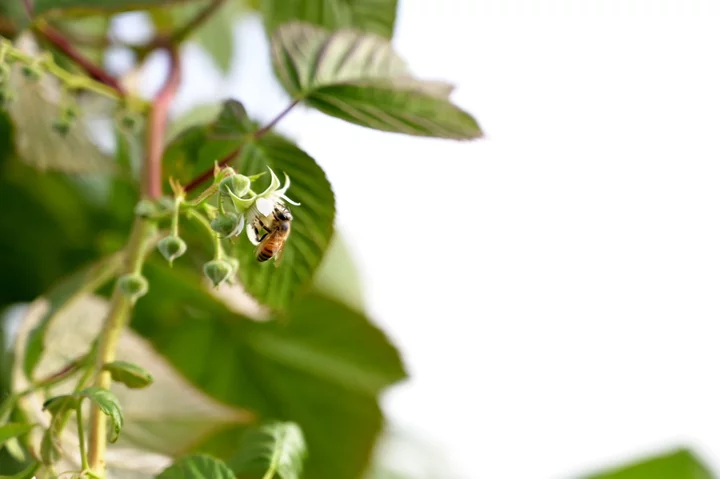Australia has given up the fight to eradicate a deadly parasite that’s ravaged bee populations across the world after the pest spread rapidly across New South Wales, the nation’s largest honey-producing region.
The potential to eradicate the varroa destructor is no longer possible and industry and government partners will switch to a management approach to minimize the impact of the pest, the NSW government said in a statement following a Tuesday meeting of the National Management Group.
The parasitic mite, which attaches itself to a bee and feeds on them, has made deeper inroads into Australia over the past year, threatening horticulture and honey industries. NSW was leading the national eradication response, spending over A$100 million ($65 million) to try and eliminate the pest.
Read More: Rapid Spread of Bee Killing Mite Could Cost Australia Billions
The outbreak has spread across NSW, from coastal regions to Euston on the banks of the Murray River almost 800 kilometers (497 miles) west of Sydney. To curb the spread, authorities set up a number of eradication zones across the state, meaning all the beehives in those areas had to be destroyed.
“There has been a huge sacrifice emotionally and financially by the beekeepers in impacted zones,” said Danny Le Feuvre, the chief executive officer of the Australian Honey Bee Industry Council. Over 30,000 hives — which cost around A$500 each — were destroyed in an effort to eradicate varroa, he added.
Industries such as almonds also rely on the movement of billions of bees in hives to pollinate crops. Beekeepers may see increased costs managing the mite to keep populations stable, which will likely be passed on to growers, according to Pia Piggot, an analyst at Rabobank.
The National Management Group, the decision-making body for exotic plant pest and animal disease eradication programs, considered a number of factors for why elimination had not been successful. That includes the illegal movement of bees and indications that the outbreak is more widespread than first thought.
The group will meet again in the coming weeks to consider further technical advice from the Consultative Committee on Emergency Plant Pests on options for the ongoing management of varroa, according to a statement from Australia’s Agriculture Department.









